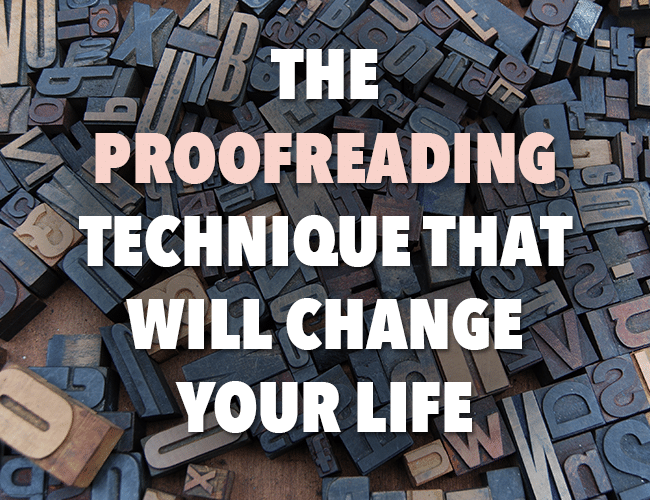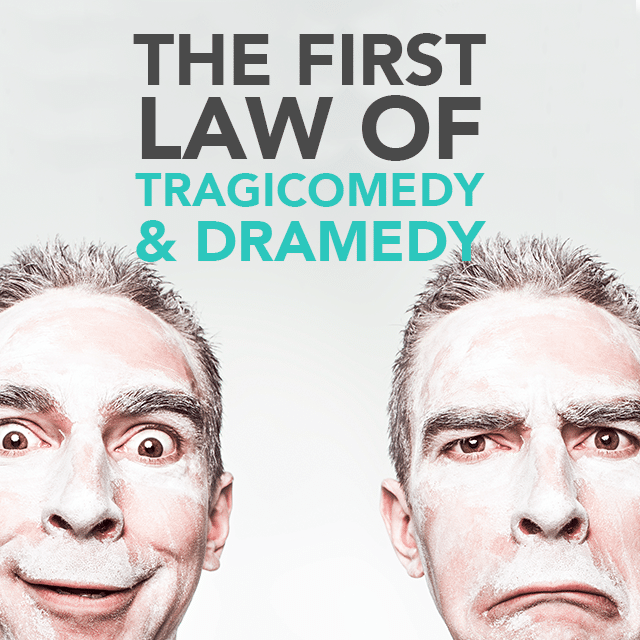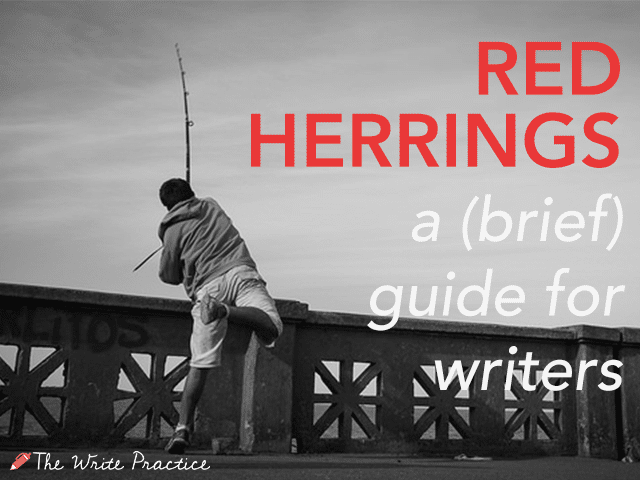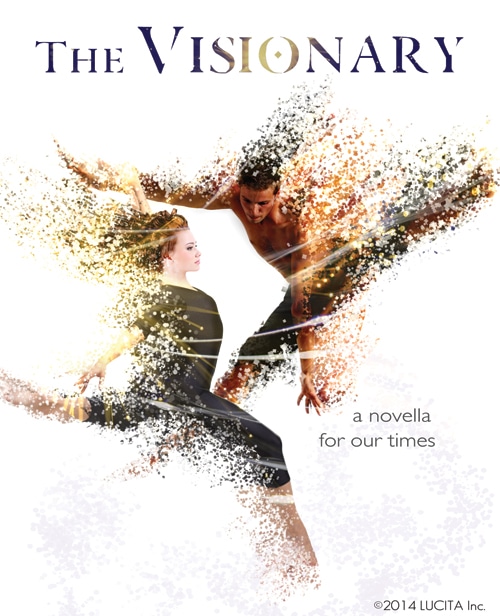
by Kellie McGann |
You’ve heard over and over again that the most important thing to do as a writer is to write. Write when you don’t want to. Write when you do want to. When you don’t know what to write, write anything.
But there are two sides to the writing coin. There is writing, and there is editing. In this post, I’m going to share a proofreading technique I learned recently that is changing my writing life.

by Liz Bureman |
One of the first things I remember from ninth grade English is discussing the origin of comedy and tragedy from the classical Greek plays. We read both Oedipus Rex and Antigone over the course of the next several years of English classes, and Shakespeare’s plays, both comic and tragic, made their way into the curriculum, as they have the tendency to in most high school English classes. I was in a production of As You Like It, one of Shakespeare’s most well-known comedies. Even in those earliest forms of literature and theater, writers played with blending the elements of tragedy and comedy together. We call these blended works tragicomedies or dramedies.

by Emily Wenstrom |
When writing first drafts, a common piece of advice is write fast—just get those ideas on the page so you can take a proper look at them before you start letting your editor start messing with them… Write fast, analyze later. NaNoWriMo is great for creating a structure to force this practice.
There’s some great reasoning behind this practice… but fast firsts aren’t for everyone.

by Liz Bureman |
Red herrings are staples of the mystery and suspense genres, but they also can pop up in myriad other works and genres. But what is a red herring? Find out…

by Birgitte Rasine |
How do you dramatize non fiction? Isn’t real life already wild and crazy enough? And isn’t that why we have fiction in the first place, so that we can be superheroes and E.S.C.A.P.E. our dull routine realities?
Yes, and yes, BUT. The role of literature, in my and many other authors’ humble yet strong opinion, is to reflect social trends and preserve cultural ideals. To inform, inspire, and innovate. The stories we write and read shape our culture and society, our minds and our lives. This is why I insist with the ferocity of a Category 5 hurricane on quality, beauty, and impact.
The reason I write is to open minds—including my own. For me, the most potent way to do that is by mixing up fiction and real life. So let me tell you about The Visionary.

by Joe Bunting |
I’m sure you’re familiar with the game Telephone? A group of people get in a circle, and one person comes with a silly phrase like, “The Orange Monkey Eats Green Bananas.” Then, the phrase is whispered from one person to the other around the circle. Each person can only say the phrase once and the listener can’t ask clarifying questions, like, “Did you mean Orange Monkey or Oral Moon Sea?” When the last person has to repeat the phrase, it’s inevitably ridiculous, usually something like, “The Horrible Pokemon Seats Green Cabanas.”
People mishear things all the time, and the game telephone proves it. When something is misheard, the resulting word or phrase is called a mondegreen.








